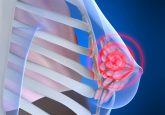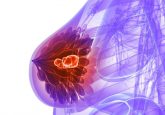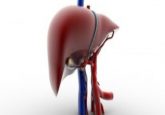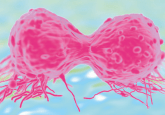Could artificial intelligence improve patient outcomes in breast cancer?
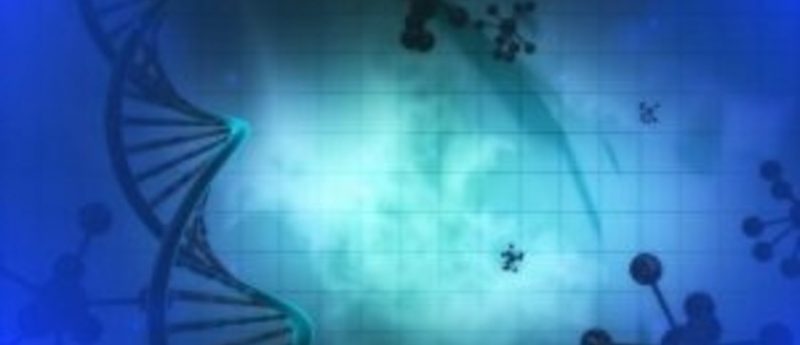
Researchers from Western University (Ontario, Canada) are investigating whether artificial intelligence can be harnessed to predict patient response to two chemotherapy agents in breast cancer – paclitaxel and gemcitabine. The results of the early stages of their work, with which they are aiming to help ‘remove the guesswork from breast cancer treatment’, were published recently in Molecular Oncology.
Depending on their genetic makeup, two patients with the same cancer might respond differently to the same treatment. Pinpointing the genetic factors contributing to resistance or remission could lead to individualized, targeted treatment regimens, which could result in improved patient outcomes.
“Treating patients with therapies that are the most likely to be successful can help reduce unnecessary toxicity and improve overall outcomes,” explained investigator Stephanie Dorman of Western’s Schulich School of Medicine & Dentistry.
The team began their study in 2012 by defining a set of genes that are stable in 90% of breast cancer tumors. They then combined data from cell lines and tumor tissue of treated patients with artificial intelligence in order to identify those genetic signatures with the most influence on remission and resistance for both paclitaxel and gemcitabine.
The data revealed the 84% of women who respond successfully to paclitaxel, going into remission. The genetic signature the scientists identified for gemcitabine was able to predict remission with 62–71 % accuracy.
“Artificial intelligence is a powerful tool for predicting drug outcomes because it looks at the sum of all the interacting genes,” commented Peter Rogan, also of Western University. “If we can use this technology to improve our knowledge of which medications to use, it could improve patient outcomes. The earlier we treat a patient with the most effective medication, the more likely we can effectively treat or possibly even cure that patient.”
The team is continuing to refine the genetic signatures and improve the accuracy of the resulting therapy-related predictions.
Source: Western University press release
